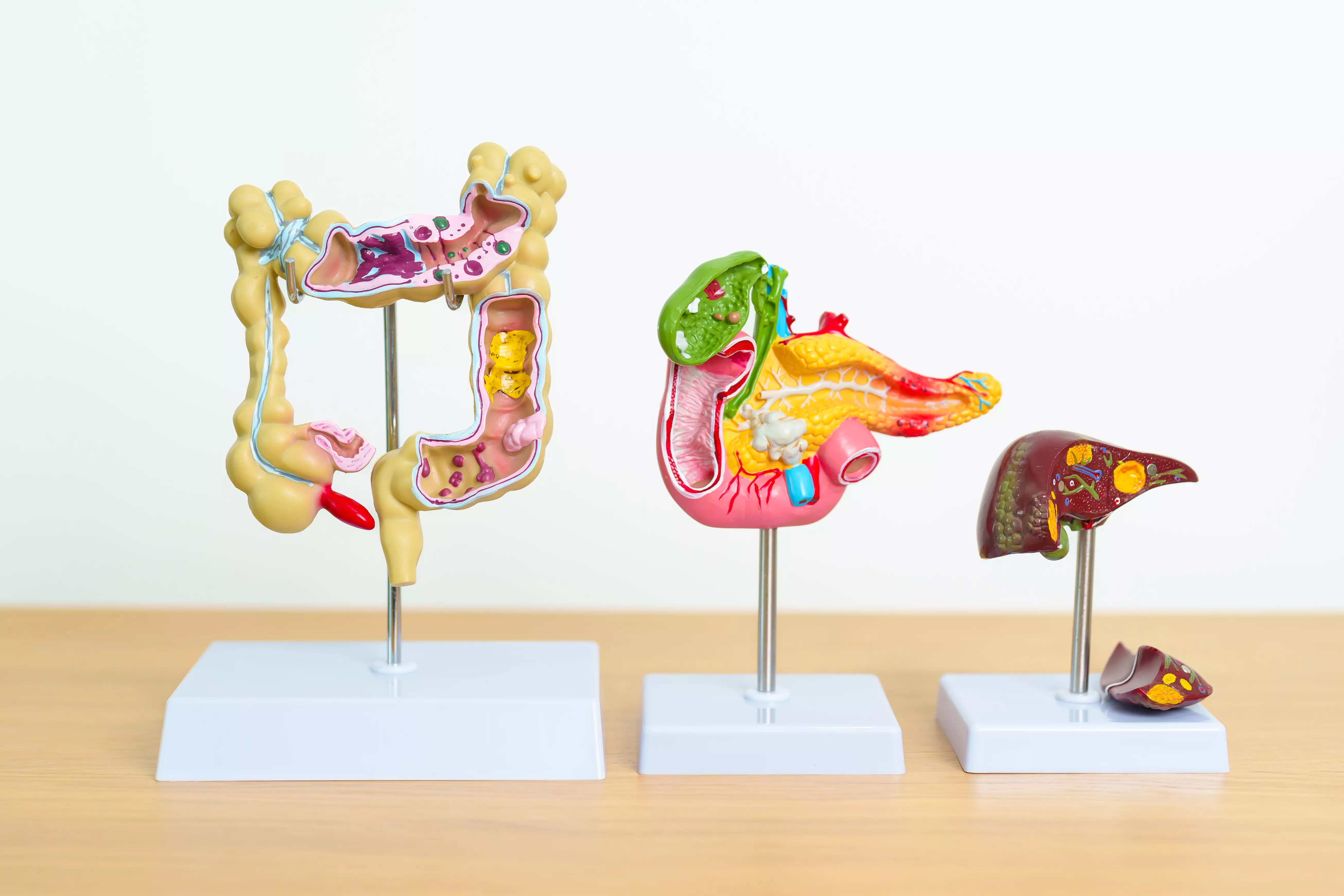Diseases of the digestive system and diet
Healthy digestive system key to well-being
We are what we eat. This saying perfectly captures the essence of how diet affects our health, especially when it comes to the digestive system. Inappropriate eating habits can lead to various diseases in this area. A properly balanced diet is the basis for taking care of the health of the stomach, intestines and the entire digestive system.
Diseases of the digestive system
The gastrointestinal tract is prone to a variety of diseases that can significantly affect our functioning. These include:
Peptic ulcer disease involves the formation of ulcers in the gastric mucosa, leading to pain, heartburn and difficulty in digestion. Inadequate diet, stress and smoking are major risk factors for peptic ulcer disease.
Irritable bowel syndrome is a chronic condition characterized by abdominal pain, bloating, indigestion and irregular bowel movements. The triggering factor for irritable bowel syndrome can be a diet high in fat, stress or certain foods such as coffee or alcohol.
Liver diseases Alcohol, an unhealthy diet or viral infections can lead to liver diseases such as hepatitis or cirrhosis. This leads to disorders in the digestive process and general ill health.
Gallstones the formation of gallstones in the gallbladder can cause severe abdominal pain, nausea and vomiting. Risk factors include an unhealthy diet high in fat and low in fiber.
Diet and gastrointestinal health
How can we take care of the health of our digestive system? First of all, it makes sense to focus on proper nutrition. A properly balanced diet is the key to maintaining a healthy digestive system. Here are some rules to follow:
Abundance of fiber Fiber is an extremely important component of the diet that affects the proper functioning of the intestines. It is found primarily in fruits, vegetables, whole grains, cereals and seeds. Regular consumption of fiber helps prevent constipation and other digestive disorders.
Adequate fluids Drinking adequate amounts of water is key to keeping the digestive system functioning properly. Hydrating the body helps digest food and prevents constipation. That's why it's a good idea to drink at least 1.5-2 liters of water a day, and avoid alcoholic and carbonated drinks, which can negatively affect the digestive system.
Small but frequent meals Eating more small meals instead of several large ones can help keep your digestive system working properly. Small portions are easier to digest and do not overtax the stomach. It's also a good idea to avoid eating before bedtime to give the body time to digest the meal properly before going to sleep.
Limit fats and sugars A diet high in animal fats and saturated sugars can negatively affect the digestive system. Instead, go for healthy sources of fats, such as avocados, nuts and olive oil. As for sweets, limit their intake and choose naturally sweetened ones, like fruits.
Summary
A healthy digestive system is extremely important for our overall well-being. A proper diet, rich in fiber, limiting fats and sugars, and based on regular consumption of small but frequent meals, can help keep the digestive system functioning properly. Let's take care of our diet to enjoy good health and avoid digestive diseases.
